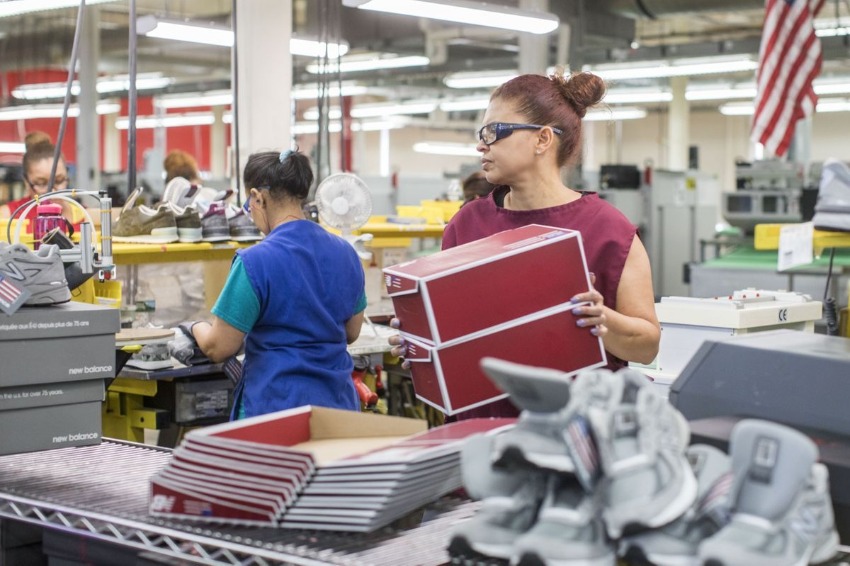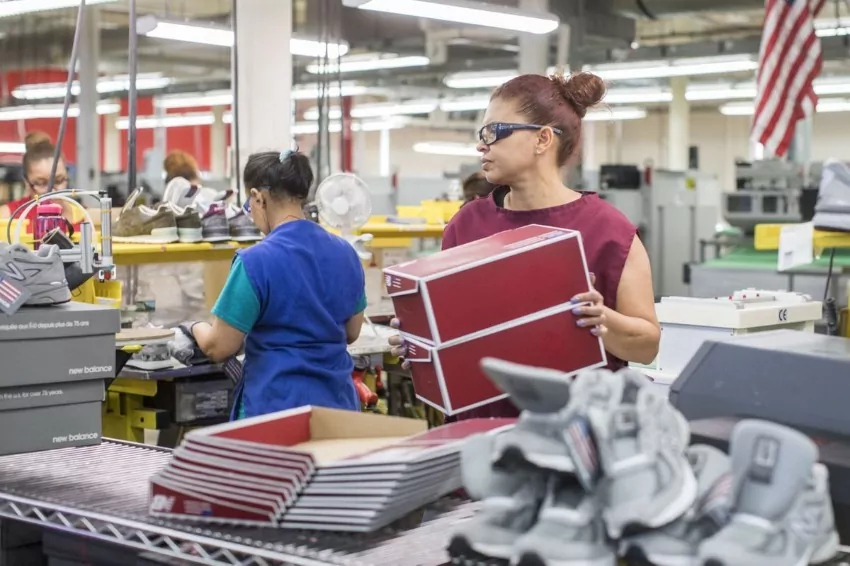

(c) Bloomberg
Korea Inc.’s labor shortage brings back older workers
When Hwang Kwang-business jo’s in Seoul faced a staffing constraint early this year as a result of the departure of Nepalese workers and younger locals, he hired a 61-year-old to take up some of the work that had been left unfinished.
The epidemic has reduced South Korea’s pool of foreign labor, which has forced businesses to cast a wider net in their search for employees. However, the profession, which entails handling heavy alloy bars, is not suitable for workers who are getting close to retirement.
This problem is made much more difficult by the unwillingness of younger Koreans to work in manual labor employment.
“It’s incredibly difficult to fill vacancies, I never received any resumes from those in their 20s,” said Hwang, chief executive officer at Iljin Enterprise, an aluminum moulding plant that typically employs about 35 people. “It’s incredibly difficult to fill vacancies,” Hwang said. “It’s incredibly difficult to fill vacancies.” After the two Nepalese were forced to depart the country owing to visa complications, we were finally able to locate Mr. Oh in the month of April.
The competition for labor in South Korea, where the unemployment rate hit a near-record low of 2.9 percent in July, has led to an increase in the number of elderly people participating in the labor force. People aged 60 and older have been responsible for driving 58 percent of the job increases in the country.
But even that has not been enough to alleviate labour shortages throughout the industrial and farming sectors in Asia’s fourth-largest economy, which is laying the stage for additional price pressures at a time when inflation is already at a level that is the highest it has been in 24 years.
33.1 percent of people aged between 70 and 74 are still working in South Korea, which places it at the top of the OECD’s scale measuring the employment for the age group and is significantly higher than the OECD average of 15.2 percent. South Korea is an aging society in the world.
According to data from a central bank, nearly 230,000 people aged 60 or older have found work in factories and construction sites since the beginning of 2020, while younger people have been abandoning similar sectors in search of other employment opportunities.
Compared to other industrialized nations, South Korea’s foreign worker contingent of 848,000 is relatively small; yet, migrants make a significant contribution to the manufacturing sector.
According to data provided by the government, the number of new foreign workers entering the nation each month since the beginning of 2020 is approximately 35 percent lower than what the country had in 2019 before the epidemic.
In Japan, a comparable issue is occurring as a result of stringent immigration controls that prevent migrant labor from entering the country. This has led to an even higher dependence on the country’s aging population to fill vacancies.
Even if the physical demands of the labor at his business make it better suited for younger foreign and local workers, Hwang at Iljin Enterprise argues that he doesn’t have much of a choice in the matter.
“If I can’t get any younger people or foreign workers, it would be my bottom choice, but I might need to hire more older people,” said Hwang, who recently gave all of his crew a raise on top of the 700,000 won monthly bonuses he gave his foreign staff. Hwang also gave his foreign staff a bonus of 700,000 won every month.
The administration announced last week that it intends to reduce the amount of red tape and tighten visa requirements for foreign workers in order to assist fill vacancies.
Due to a lack of available labor, land developer Kim Ji-hwang of Danyang, located around two and a half hours south of Seoul, decided to employ Park Jang-young, who is 64 years old.
Park’s new employment requires him to clean vehicles and equipment at the development site, and he receives approximately 3.7 million won (US$2,844.18) each month. This is a huge increase in salary from his former position working at a parking lot.
“I know my boss prefers to find younger persons, but young people migrate to Seoul after graduation – even international workers are picky, they have an excellent network and community to share information about income, working conditions,” Park said. “I know my boss prefers to find younger folks. I believe the wage is appropriate for someone of my age, so I want to continue working here until I am let go.”
Music is a strongest medium to connect ourselves with the soul and any individual around the world because the emotion…
During the speech at the Financing Asia's Transition Conference the minister of environment in Malaysia called on ASEAN nations to…
The 61st Baeksang Arts Awards ceremony took place on 5 May 2025 at Seoul in South Korea and this glittering…
The fifth prisoner exchange took place on 6 May 2025 between Russia and Ukraine involving 205 prisoners and it is…
Established in the year 1921 and it still continues to showcase the legacy of this game through generations. This ‘Emperor’s…
The NBA Playoffs of 2025 would have much perdition during the matches of the second round. In the East, the…
This website uses cookies.
Read More